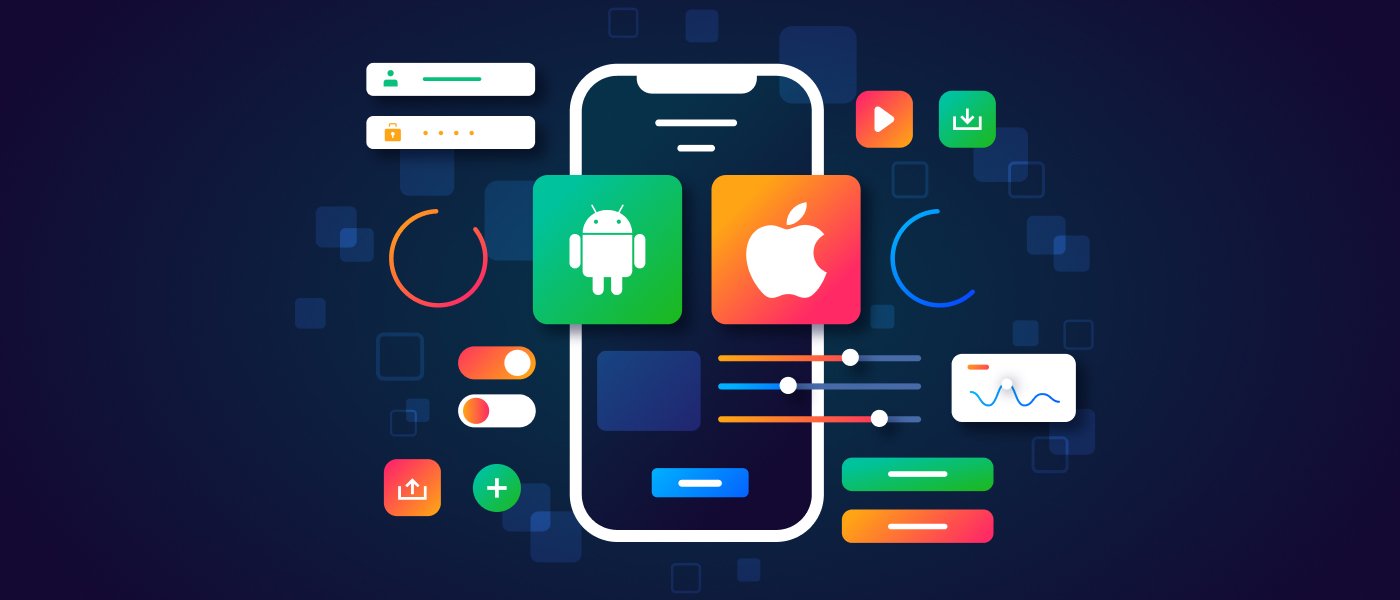Cross Platform Mobile App Development: Creating Powerful Apps for iOS and Android
Understanding Cross Platform Mobile App Development
Benefits of Cross Platform Mobile App Development
Cost Efficiency: One of the primary advantages of cross platform app development is cost efficiency. Developing separate apps for iOS and Android can be expensive and time-consuming. With cross platform development, businesses can save costs by utilizing a single codebase for multiple platforms, eliminating the need for separate development teams and resources. Do you want to know the cost of app development for your business? Call us at +1 (845) 877-7113 or fill the contact us form.
Faster Time to Market: In today’s fast-paced market, speed is of the essence. Cross platform app development allows businesses to reach both iOS and Android users simultaneously, reducing the time to market. By leveraging reusable code, developers can expedite the development process and gain a competitive edge.
Consistent User Experience: Cross platform development ensures a consistent user experience across different platforms. By using a single codebase, businesses can deliver a uniform look, feel, and functionality to users regardless of the device or operating system they are using. This creates a cohesive brand experience and enhances user satisfaction.
Wider Market Reach: By targeting both iOS and Android platforms with a single app, businesses can tap into a larger user base. This broader market reach can lead to increased user engagement, higher customer acquisition, and improved business growth potential.
Key Considerations for Cross Platform App Development
App Complexity: While cross platform development offers numerous benefits, it’s crucial to consider the complexity of the app being developed. Simple apps with basic features are well-suited for cross platform development. However, complex apps with advanced functionalities may require platform-specific customization, which could impact the feasibility of cross platform development.
Performance Optimization: Efficient performance is vital for a successful mobile app. Cross platform apps may face challenges in terms of performance optimization compared to native apps that are specifically built for a particular platform. It’s essential to carefully evaluate performance requirements and ensure the chosen cross platform development approach can meet those needs.
User Interface (UI) Design: User interface design plays a significant role in the success of a mobile app. Cross platform development requires careful consideration of UI design to ensure a consistent and intuitive user experience across different platforms. Adapting the UI to platform-specific guidelines and best practices is crucial for user satisfaction.
Tools and Frameworks for Cross Platform App Development
The Process of Cross Platform App Development
Testing and Deployment of Cross Platform Apps
Frequently Asked Questions (FAQs) – Cross Platform App Development
Cross platform app development involves building apps that can run on multiple platforms using a single codebase, while native app development involves creating separate apps for each platform using platform-specific programming languages and tools.
Can cross platform apps match the performance of native apps?
Cross platform apps can achieve high performance levels, but they may face some performance optimization challenges compared to native apps. However, advancements in cross platform frameworks have significantly improved performance capabilities.
Which programming languages are commonly used for cross platform app development?
Popular programming languages for cross platform app development include JavaScript (with frameworks like React Native), Dart (with Flutter), and C# (with Xamarin).
Is it possible to integrate platform-specific features in cross platform apps?
Yes, cross platform frameworks provide mechanisms to access platform-specific APIs and features. This allows developers to incorporate platform-specific functionalities when needed.
Can existing native apps be converted into cross platform apps?
While it’s not possible to directly convert a native app into a cross platform app, certain components or functionalities can be reused or rewritten in a cross platform framework.
Contact Cross Platform App Development Experts at Mepa Outsourcing
Cross platform mobile app development offers businesses a cost-effective and efficient solution to reach users on both iOS and Android platforms. By leveraging a single codebase, businesses can save time, effort, and resources while delivering a consistent user experience. With the right tools, frameworks, and considerations in place, cross platform app development can unlock vast opportunities for businesses to expand their mobile presence and engage a wider audience. Embracing cross platform development can propel businesses towards success in the competitive mobile app market.
If you are planning to develop a cross platform mobile app for your business, then feel free to contact us. To discuss your requirements, you can also call us at +1 (845) 877-7113.


